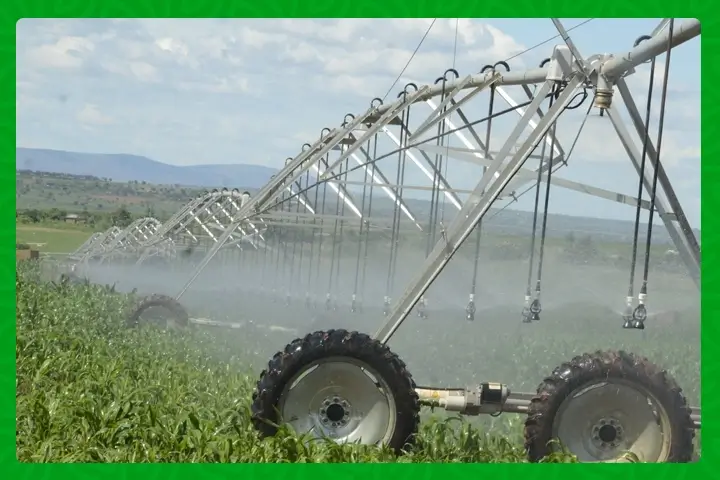
In a resolute effort to invigorate Rwanda’s agriculture sector and propel food crop production to new heights, the government has unveiled an ambitious roadmap aimed at addressing challenges and fostering sustainable growth. Against the backdrop of sluggish sectoral growth in 2023, characterized by climate-induced setbacks, the government’s comprehensive strategy signals a renewed commitment to achieving agricultural resilience and food security.
Navigating Challenges: A Vision for Progress
The latest data from the National Statistics of Rwanda (NISR) revealed a concerning trend of sluggish growth within the agriculture sector, with food crop production activities stagnating at 0 per cent in 2023. Climate-related shocks, including floods and droughts, emerged as primary culprits behind the subdued agricultural performance, prompting the Ministry of Agriculture and Animal Husbandry (MINAGRI) to spearhead proactive measures to mitigate future risks.
Season A Progress and Season B Preparedness
Amidst the challenges, signs of progress emerge with the agricultural Season A 2024 showcasing promising advancements. Maize production, for instance, reflects a notable uptick, with estimates surpassing previous figures. Minister of Agriculture and Animal Husbandry, Ildephonse Musafiri, underscores the potential for increased maize production, lamenting missed export opportunities due to climate-induced crop damage.
Looking ahead, Season B 2024 promises heightened preparedness and strategic utilization of resources. MINAGRI’s initiative to fully cultivate all arable land underscores a commitment to maximizing production volumes for key crops, including maize, beans, soybeans, Irish potatoes, and bananas. The scaling up of agricultural inputs distribution, facilitated by the Smart Nkunganire System, aims to empower farmers and enhance access to essential resources.
Expanding Irrigation Coverage: Bolstering Resilience
Recognizing the pivotal role of irrigation in mitigating climate-related risks, the government prioritizes the expansion of irrigation coverage. With an objective to increase the current irrigation area from 71,585 hectares to 102,284 hectares by 2024, concerted efforts are underway to establish irrigation projects across the country. Collaborative initiatives between the government and development partners underscore a collective commitment to enhancing food security through sustainable water management practices.
Innovative Solutions for Enhanced Productivity
The inauguration of a fertiliser blending factory in Bugesera represents a transformative milestone in Rwanda’s agricultural landscape. Envisioned to increase crop yields by 40 per cent, the factory holds promise for improving fertiliser accessibility and affordability. Minister Musafiri’s remarks underscore the government’s dedication to driving down fertiliser prices, thereby democratizing access and empowering farmers to optimize productivity.
Charting a Path Towards Agricultural Resilience
As Rwanda navigates the complexities of agricultural revitalization, the government’s strategic initiatives underscore a steadfast commitment to fostering resilience, innovation, and sustainability within the sector. By leveraging cutting-edge technologies, enhancing irrigation infrastructure, and promoting collaborative partnerships, Rwanda embarks on a transformative journey towards achieving food security and prosperity for all.
In conclusion, the government’s proactive measures and bold initiatives signal a paradigm shift in Rwanda’s agriculture sector. With a holistic approach aimed at addressing challenges and harnessing opportunities, Rwanda stands poised to emerge as a beacon of agricultural resilience and prosperity in the region. As stakeholders unite in pursuit of a shared vision for agricultural revitalization, Rwanda charts a course towards a future defined by abundance, sustainability, and inclusive growth.
Original article was written by Patrick Nzabonimpa


















